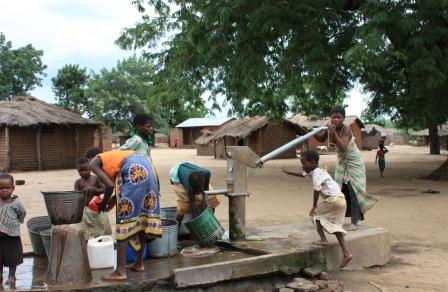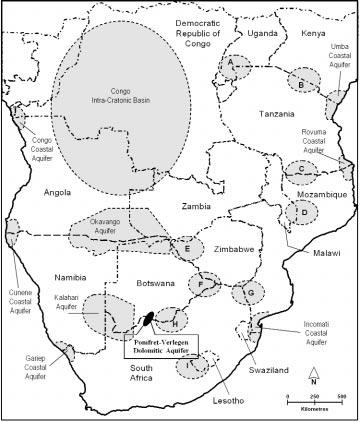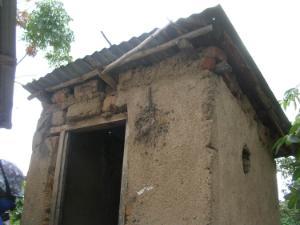Centre for Water, Environment, Sustainability & Public Health
International development
International development research at Strathclyde is focused on:
- water resources (hydrogeology)
- water infrastructure
- water policy (trans-boundary aquifers)
- water, sanitation and hygiene (WASH)
Underpinning these as cross disciplinary and policy-oriented initiatives is the Triple Helix research strand. This is based on the relationships between the institutional spheres of knowledge production, knowledge use in wealth creation and governance of the organisation and management of resources through regulation and control of the pattern of knowledge creation and its application.
Our research
Triple helix & sustainable development
We have a long tradition of engagement in international development, with emphasis on the technology and engineering aspects of the development of water and energy resources, land use and the socio-economic and the environmental implications of these
The research on triple helix in developing countries has sought to develop knowledge networks for:
- the conservation and sustainable use of resources
- how partnerships between universities, business, industry and the government in developing countries be harnessed as a system for knowledge creation
- its effective use in wealth creation – particularly in the face of the dysfunctionality of the triple helix system in these countries
The Triple Helix (TH) research is an interdisciplinary initiative which draws on in-house expertise in technology and development studies. It’s aimed at exploring the dynamics in the evolution of knowledge as the principal driver of sustainable development. It builds on the conventional technology transfer practice and establishes universities as active players in the development of indigenous knowledge and capacity building initiatives.
Groundwater resource management in Africa
Climate Justice Research £500,000: IRWM in Africa (Prof Robert Kalin)

In Malawi, IWRM implementation means proposing a plan to individual sectors who often prioritise their own plans. Therefore, it’s important, for coordination purposes, to make sure that all sectors are satisfied with the IWRM plan before reaching a consensus.
Better understanding of different sectors’ goals, and how these relate to water resources, can facilitate efficient, appropriate and socially justifiable consensus-building in order to implement IWRM.
Some of the key IWRM interventions include:
- community mobilisation, participation and sensitisation
- ecosystem restoration and riverbank protection
- enforcing water user regulation and licensing
- capacity building of the technical institutions
- trans-boundary collaboration between users sharing same watershed
Our on-going research in Malawi embraces these IWRM elements in order to:
- protect groundwater resources in the Chikhwawa district
- promote micro-economic growth through small scale irrigation and permaculture
- promote democratic participation in governance
- improve human & water resources ‘health’
The project plans to provide a supportive environment, clear institutional roles (both district and sub-district levels) and effective management instruments in order to make water available for people, food, nature, and the hydrological cycle.
Trans-boundary aquifer policy (joint project with the Law School)
We’ve been working on water, health and sanitation research and policy in Malawi and Southern African Development Community (SADC) neighbouring countries for 22 years.

Our researchers are aware that Southern Africa has 14 trans-boundary aquifers according to the latest study. Within the region water resources are under stress from pollution, over-exploitation and the negative effects associated with climate change. It’s paramount that the SADC move toward a cooperative approach in their management of trans-boundary aquifers. This can be undertaken through ad-hoc specific treaties between affected countries or alternatively through the establishment cooperative SADC management structures.
In either case, neighbouring countries need to establish trans-boundary aquifer management systems to acquire and share the required hydrogeological, environmental, socio-economic, legal and institutional information.
Water sanitation & hygiene
Scottish Government Grants (Climate Justice, Tracy Morse)

Water, Sanitation and Hygiene (WASH) research has been improving the lives of people in Africa for over a decade. The Scotland Chikhwawa Health Initiative (SCHI) is a funded series of projects that have provided impact on health and well-being in Malawi.
The Department of Civil & Environmental Engineering leads a project across the University that brings together students (1st year to PhD) with staff working on WASH research in developing countries.